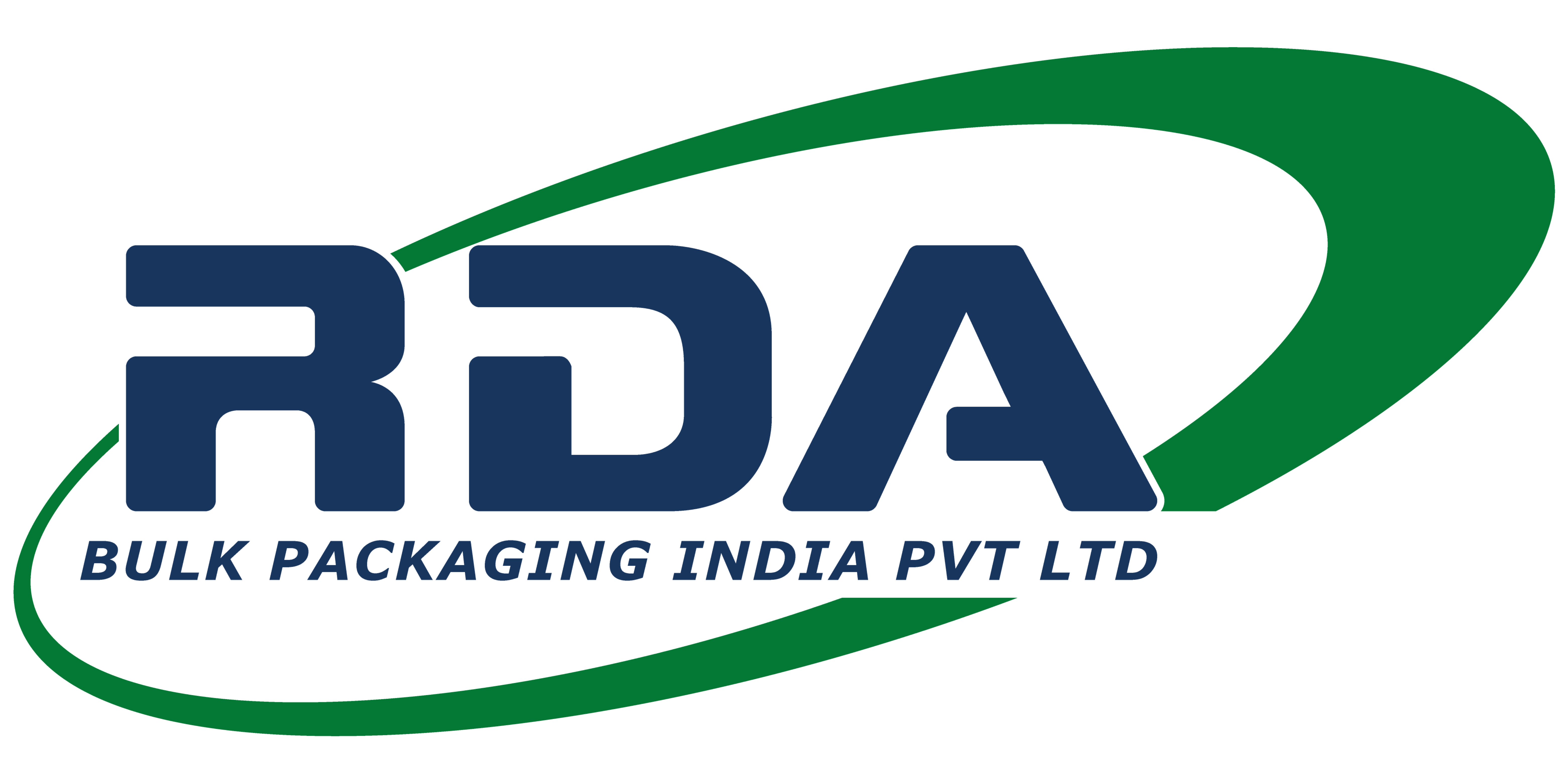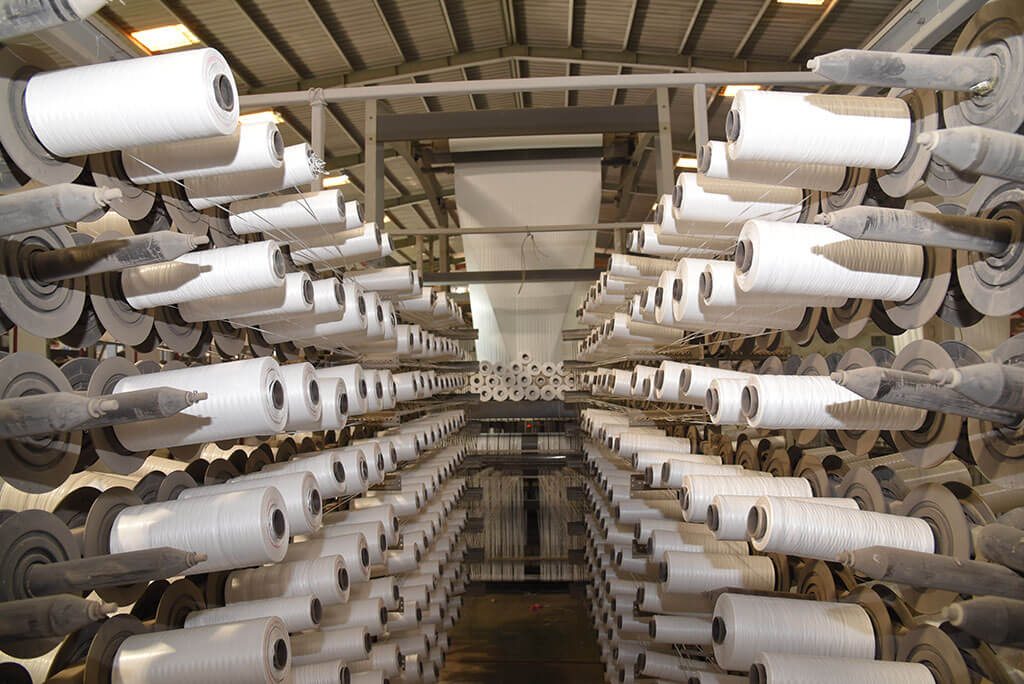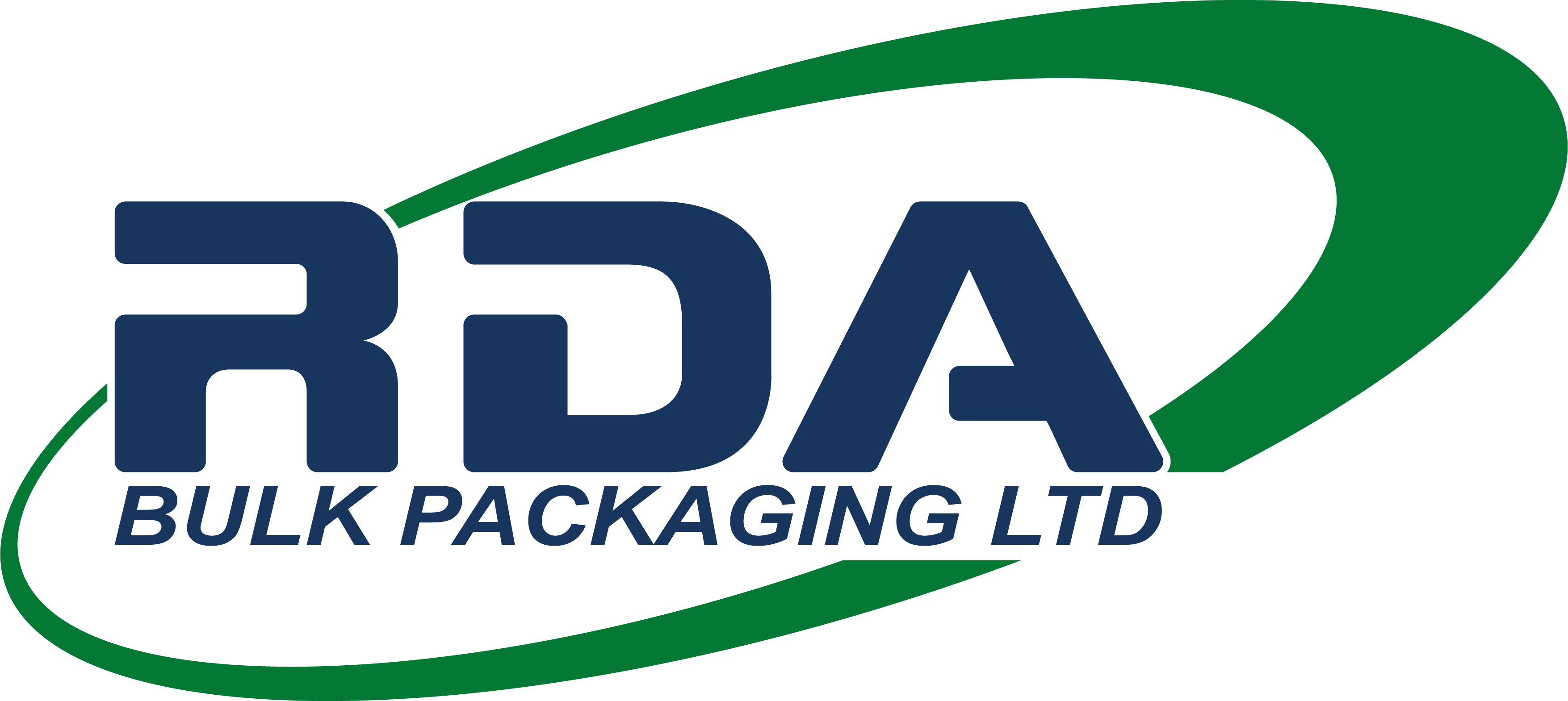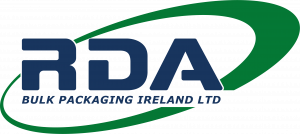It's Application:
Type C bulk bags are indispensable in packaging and transporting a wide variety of flammable or combustible materials, including, but not limited to:
• Chemical powders and liquids.
• Pharmaceutical ingredients.
• Solvents and resins.
• Agricultural products.
• Hazardous waste.
• Metal powders.






